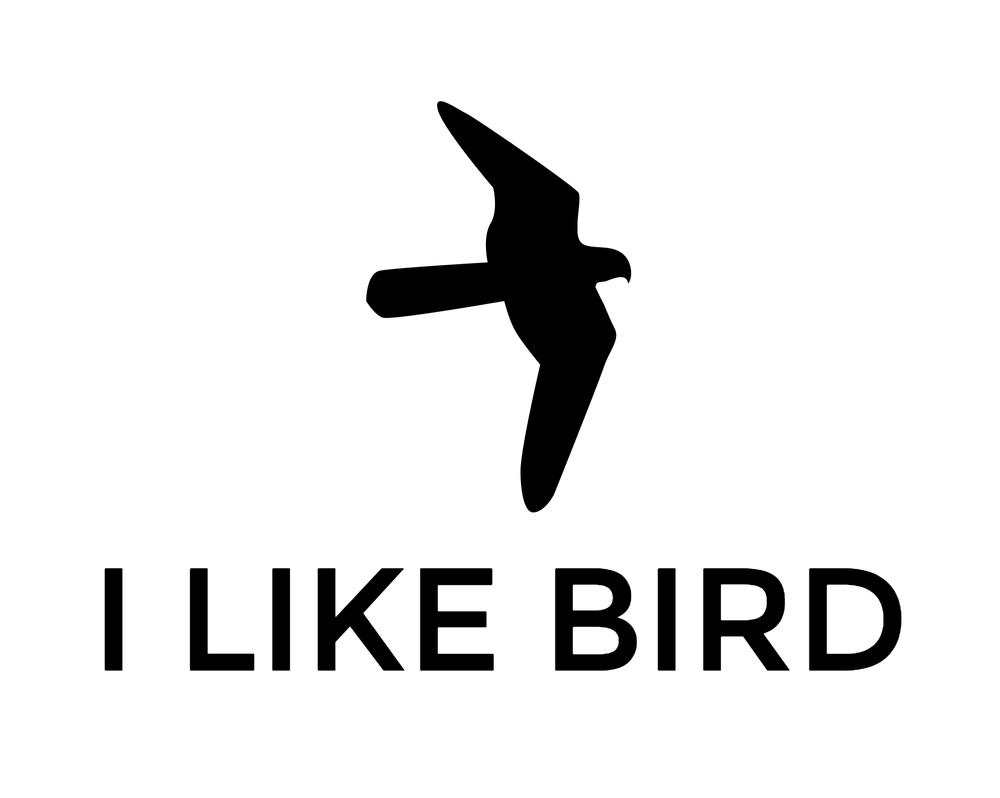A robin has been spotted feeding a baby cuckoo in the Republic of Ireland.
Maureen Carr from Kilcar took the following snaps of the hardworking robin feeding a hungry cuckoo more than five times its size.
Ms Carr told the BBC: “We noticed the big bird at the bottom of the garden and, at first, we thought it must have been a sparrowhawk, but we realised it wasn't when the wee birds weren't afraid of it.
The hungry cuckoo is around five times as big as the hard-working robin CREDIT: Maureen Carr
"It was then that we noticed the robin kept going back to different spots round the garden and was actually feeding it."
The RSPB’s Anne-Marie McDevitt explained: “Instead of building their own nest, cuckoos use the nests of 'host' birds, such as dunnocks and meadow pipits.
“When a female cuckoo finds a suitable nest, and the hosts aren't looking, she removes one of their eggs and lays her own egg in its place.
"The young cuckoo hatches after only 12 days and quickly pushes the hosts' eggs or babies out of the nest.
“After 19 days it leaves the nest, but the hosts continue to feed it for two more weeks, by which time it has grown much bigger than them."
She added: "Cuckoos nest in heathland, wet grassland and scrub - and need a good supply of big, hairy moth caterpillars," she said.
"The most commonly cited birds which they parasitise seem to be meadow pipits, dunnocks and reed warblers."
Cuckoos often lay their eggs in the nest of a bird that is similar to the one that raised them - so there's a chance the mother of the Kilcar cuckoo was also raised by a robin.
Cuckoos are more common in Ireland, but are on a conservation red list in the UK, where there are thought to be just 18,000 pairs, according to the Royal Society for the Protection of Birds (RSPB).
They are often heard, but sightings are less common.
They are not garden birds and it's more unusual for cuckoos to use a robin's nest - but not unknown, the RSPB said.


